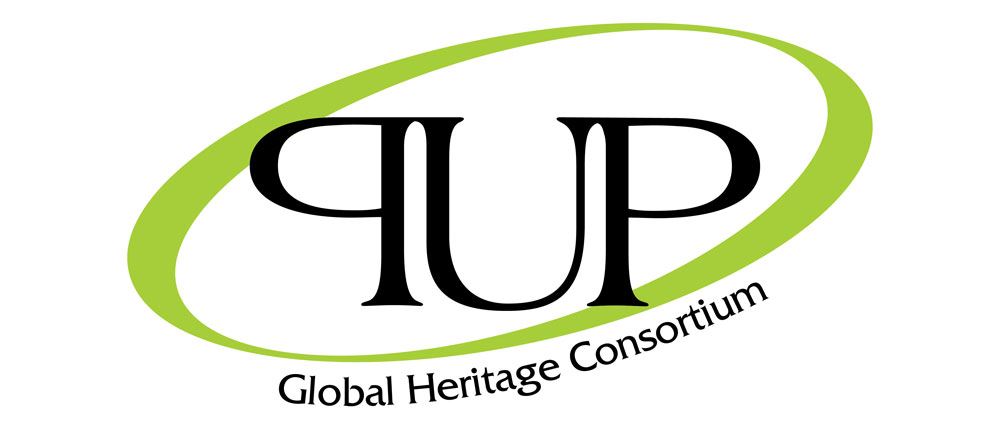Advancing Integral Heritage Management |
FOCUS AREAS | TOOLMAKINGSince PUP's birth at RARE Center for Tropical Conservation, it has always had a strong emphasis on creating new tools for planners and managers simultaneous with innovating new theory in the holistic paradigm. The following is a history of PUP's most notable toolmaking efforts. 2019-2020. PUP in concert with the Tropical Science Center are developing a new form of condition-based zoning, piloted in Monteverde Cloud Forest, aimed to replace the conventional use-based zoning paradigm currently dominant in the protected areas field worldwide. This project has roots in work done in 2006. 2019-2020. PUP is working with the UNESCO Latin American Bureau for Cultural Heritage in Havana, Cuba to produce guidelines that bring together UNESCO and other prominent organizations' manuals and materials for heritage site planning. 2018-2020. PUP in concert with its founding member the Consensus Building Institute and also Studio Tectonic work with the City of Boulder's Outdoor Space and Mountain Parks division to create a new tool and planning component for the city to plan visitor engagement programs and facilities at new sites. 2019. Checklist for the holistic evaluation of work context. Developed with a student from the University of Wake Forest used to analyze the readiness of a workplace context to support graduates of PUP's interpretive training. It is an additional component of its holistic training approach. 1997-2020. Interpretive Guide Evaluation Tool. This tool has been in constant evolution since RARE's Nature Guide Training Program and now part of PUP's interpretive training programs. 2020. Publication of an original university textbook written by Latin Americans for Latin Americans and published by a Costa Rican distance learning university press. Esencia de la Interpretación del Patrimonio: Visión holística para el turismo y conservación de patrimonio en América Latina. 2016-2020. Participatory Integrated Situation Analysis being developed by PUP and its partner the Consensus Building Institute. This methodology promotes a co-development, co-financing approach to creating a project with local communities without developing dependency. Financed by the Meta-Integral Foundation. To be tested in Guyana and Bolivia. 2017. The Overflight: A New Interpretive Tool for Interpretive Planning and Audience Engagement. 2016. Principles of Holistic Training and Performance Development. PUP developed 15 principles upon which to offer its holistic training. 2016. Principles of Holistic Planning found in its book on holistic planning, The Future Has Other Plans. 1998-present. PUP and later with its Colombian partner OpEPA have been developing the Interpretive Framework methodology. This community-based facilitated process develops a site's basic interpretive conceptual framework including the principal heritage elements, interpretive themes, universal processes, and essence. It is described first in the PUP Manual and later in the Interpretive Theme Writer's Field Guide (2018). 1998-2015. Park Planning for Life. This methodological manual for the PUP Global Heritage Consortium 2007. Planning Success Index. Developed by PUP founder Jon Kohl with CATIE and The Nature Conservancy. The index integrates various factors into a more holistic view of planning success. |
